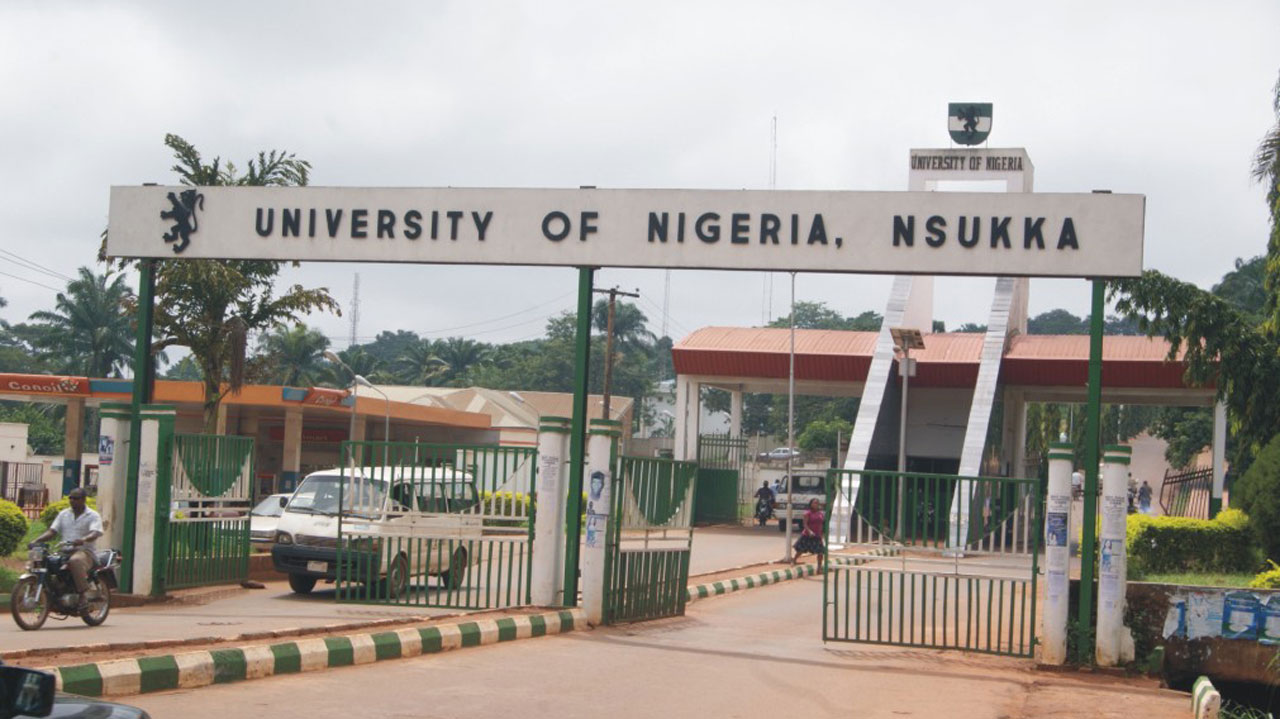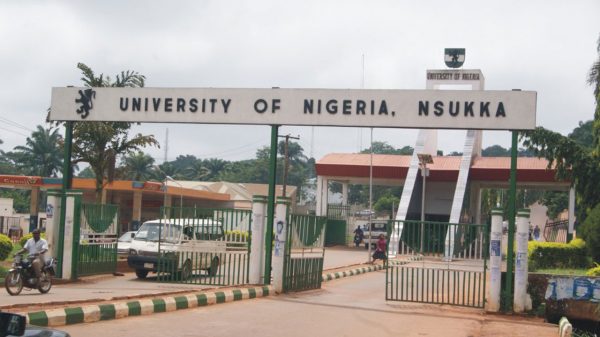The University of Nigeria, Nsukka, is set to host the first edition of the International Engineering Conference in Nigeria. Sponsored by the Royal Academic of Engineering, United Kingdom and its affiliate ESUT – HEPSSA project, the event will commence on Wednesday, February 3, 2021, and end on Friday, February 5, 2021.
Read more about SME
In an official statement, the coordinator of the program, Prof. Paul Nnamchi disclosed that the conference is a golden platform for entrepreneurs, farmers, SMEs, students, lecturers, staff, and communities to meet and interact with experts with the major aim of developing continental collaborations from universities and industries. Prof. Nmachi highlighted that humanity is still confronted with unprecedented challenges in forms such as overpopulation which is set to see the global population hit 10 billion by 2050 and the degradation of earth’s resources.
‘Over 1.1 billion people still don’t have access to electricity; 2.4 billion do not have adequate sanitation and 663 million people lack access to clean water. Furthermore, about one-third of the world’s population is not served by all-weather roads,’
Prof. Paul Nnamchi
However, the University chief did not fail to recognize the role of technology in making the world a better place despite the challenges that abound.
‘Technology and infrastructure – both improved access to existing solutions and new innovations – will be key to addressing these problems, and enabling growth in trade, access to education and work, as well as increases in productivity on a local, national and international scale. But we also need to make sure that the actions we take are sustainable; that humanitarian measures build long-term self-sufficiency in the communities they seek to help, that they meet the needs of a growing global population and minimise the pressure on our planet’s resources. These are set to be the biggest engineering challenges of the next century.’
Prof. Nnamchi
Sign up to the Connect Nigeria daily newsletter
Furthermore, the scholar outlined the enormous responsibility engineers all over the globe are saddled with and called for improved global collaboration as part of efforts aimed at presenting solutions to the problems confronting humanity.
‘Engineers are crucial to the international effort to address these rapidly evolving, unpredictable challenges and it is becoming increasingly important to ensure that the engineering community has access to a sufficiently skilled and innovative workforce to both tackle the environmental and global challenges we are faced with. We need to embed collaboration, diversity, ethics and global responsibility into the solutions we create, transforming the way engineers work, think, and are taught.’
Prof. Nnamchi
While commending the Royal Academy of Engineering, United Kingdom and its affiliate ESUT – HEPSSA project for making the conference possible, Prof. Nmachi noted that the three-day event
‘will identify and showcase the steps already taken by industry, educators and policymakers to support inclusive and sustainable development in Nigeria. It will challenge the attendees and the entire engineering community to do more to surmount the challenges of tomorrow.’
The conference will have a wide range of relevant stakeholders in attendance as speakers across the globe that are set to address key issues. Prof, Nmachi also disclosed that ‘’international education funders (Royal Academy of Engineering, United Kingdom), policymakers, government representatives, leading engineers, international experts, scholars, industrialists, students, lecturers, NGOs., farmers, community leaders and local SMEs (Small and Medium Enterprise), will grace the event.
Source:
Vanguard NG
Got a suggestion? Contact us: [email protected]


